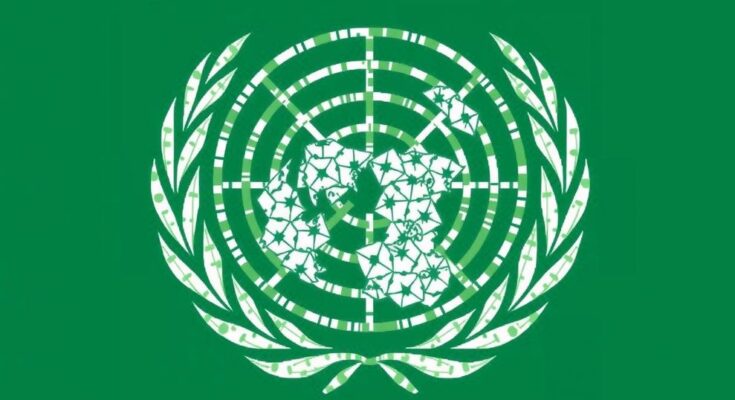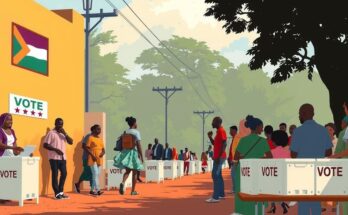UNESCO has pledged ongoing support to South Sudanese media, addressing the challenges faced by journalists during a two-day training in Wau. The training, attended by 30 media professionals, focused on skills such as countering hate speech and promoting ethical reporting, particularly in light of the forthcoming elections in 2026. Notable figures, including UNESCO’s representative Paul Night and SSBC Chairperson Mary Ajith, emphasized the importance of collaboration and capacity building within the media sector.
In a recent training session held in Wau, South Sudan, UNESCO reaffirmed its commitment to support local media, recognizing the various challenges faced by media managers in the region. Mr. Paul Night, the representative of the UNESCO Country Director, addressed over 30 participants from Western Bahr el-Ghazal, Warrap, Northern Bahr el-Ghazal, and Lakes states, emphasizing the importance of capacity building among journalists. He acknowledged the instability within community radio stations due to issues like frequent staff turnover and a lack of financial resources, stating, “We know the challenges that you face at your stations and we are trying our best with our partners to help you build your capacities.” The training focused on vital topics including countering hate speech, gender sensitivity, conflict-sensitive reporting, accurate fact-checking, and ethical journalism. This initiative is particularly timely as South Sudan prepares for elections in 2026, necessitating high-quality reporting. Mary Ajith, Chairperson of the Board of Directors for the South Sudan Broadcasting Corporation (SSBC), encouraged collaboration among journalists to combat misinformation, asserting that media unity is essential during electoral processes. Moreover, Samuel Nicola, Minister of Information for Western Bahr el-Ghazal State, expressed that the training is aimed at enhancing the journalists’ managerial skills and advocating for the ethical rights of media personnel. Overall, the training underscores the need for effective and responsible journalism as South Sudan navigates its political landscape.
The South Sudanese media landscape faces significant hardships, including limited resources, high turnover of personnel, and challenges in ethical reporting. With upcoming elections in 2026, there is an imperative for enhanced journalistic capacity to ensure informed and responsible coverage. UNESCO, through its partnership with organizations like the Association for Media Development in South Sudan (AMDISS), seeks to equip journalists with the necessary skills to address these challenges and promote more ethical and accurate reporting practices.
UNESCO’s recent training for South Sudanese media managers highlights a critical commitment to enhancing journalistic standards in a challenging environment. By addressing key issues such as hate speech and ethical reporting, this initiative aims to prepare the media for the upcoming elections and foster a more informed public discourse. The collaboration and unity among media professionals are vital in ensuring that the media effectively supports democratic processes in South Sudan.
Original Source: www.radiotamazuj.org




